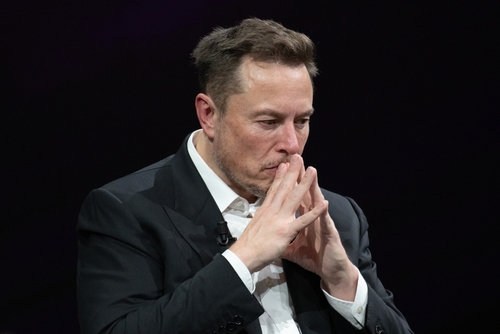Listen To Story Above
When Bernie Marcus, co-founder of The Home Depot alongside Arthur Blank and Ken Langone, forcefully ejected a venture capitalist from his car, he demonstrated the unwavering principles that would define his legacy. Despite desperately needing the investor’s promised $3 million, as Marcus later revealed in his book “Built From Scratch,” he refused to compromise when faced with unreasonable demands.
The investor had insisted on cutting employee health benefits and reducing already-modest salaries. Rather than yield to these pressures, even with traditional investment banks showing no interest, Marcus chose to protect his vision and his team’s welfare.
This decision exemplified Marcus’s entrepreneurial spirit – an unshakeable belief in his innovative approach to customer service. His refusal ultimately proved prescient; by the late 1990s, that rejected $3 million investment would have grown to an astounding $12 billion.
This astronomical return highlights how dramatically the market’s perception of Home Depot shifted. Marcus’s candid admission that “no one believed we could do it” wasn’t mere rhetoric – the magnitude of the missed opportunity proves how deeply skeptical the business community had been.
Marcus’s leadership philosophy extended beyond financial success. He maintained steadfast loyalty to the bankers who supported Home Depot’s growth, acknowledging that they risked their careers by backing the venture. His customer-first approach emphasized expert service and needs-based selling rather than pushing unnecessary purchases.
Understanding that true wealth generation came through volume rather than high margins, Marcus implemented aggressive pricing strategies. This approach, combined with exceptional service, drove Home Depot’s remarkable growth to its current $400 billion market valuation.
Marcus’s legacy includes his commitment to employee prosperity through an extensive stock ownership program, creating thousands of millionaire associates. His passing marks the loss of a visionary who proved that principled leadership and commercial success can go hand in hand.






